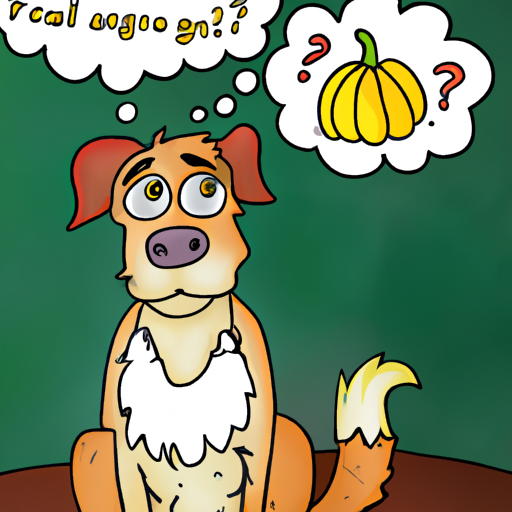Introduction
As a caregiver, one of the most common issues you may encounter in your furry companion is excessive gas. Although it can be a source of amusement for some, it’s important to remember that frequent gassiness can indicate a potential problem. Let’s dive into the topic, and by the end, you’ll know exactly what to do when your dog has gas.
Understanding Dog Gas
Like humans, dogs can suffer from gas too. It’s a natural process, but too much of it can cause discomfort and lead to a miserable pup. It can be caused by:
- Speedy Eating: Dogs that eat too quickly swallow a lot of air.
- Poor Diet: A diet rich in carbohydrates and spices can increase gas production.
- Food Allergies: Allergies to certain foods can lead to excessive gas.
If your dog’s gas seems excessive, it’s time to take action.
Practical Solutions for Dog Gas
Here are some tried-and-true solutions you might consider:
-
A Proper Diet: A well-balanced diet can do wonders. Avoid giving your dog spicy foods or those high in carbohydrates and fats.
-
Slow Down Meal Times: Consider using a slow-feeder bowl. This forces your dog to eat slower, reducing the amount of air they swallow.
-
Regular Exercise: Regular walks and playtimes can help stimulate your dog’s digestion, reducing gas.
| Solution | Description |
|---|---|
| Proper Diet | High protein, low carbohydrate, no spice |
| Slow Feeder | Specialized bowls to reduce eating speed |
| Regular Exercise | Regular walks and games |
Natural Remedies for Dog Gas
Sometimes, natural remedies can be beneficial. However, always consult with your vet before trying new remedies.
-
Probiotics: Just like in humans, beneficial gut bacteria can help with digestion.
-
Digestive Enzymes: These can help break down the food in your dog’s stomach, reducing gas.
-
Herbs: Certain herbs, like ginger and fennel, can help soothe your dog’s digestive system.
Medical Interventions
If none of the above solutions work, it may be time to consult with a veterinarian. They can do a thorough check-up to determine if there is an underlying medical condition causing the excessive gas.
FAQ
Q1: Is dog gas a sign of a serious health issue?
A1: Not necessarily. However, if it’s frequent and comes with other symptoms like loss of appetite or lethargy, consult your vet.
Q2: Can dog gas be prevented?
A2: Yes, by maintaining a proper diet, slowing down meal times, and regular exercise.
Q3: Are there any specific foods that cause gas in dogs?
A3: Yes, foods high in carbohydrates, fats and spices can increase gas.
Q4: How often should I exercise my dog?
A4: It varies by breed and age, but generally, daily exercise is beneficial.
Remember, as a caregiver, the goal is to ensure your pup is happy and healthy. Understanding what causes gas and how to manage it is a step in the right direction.



